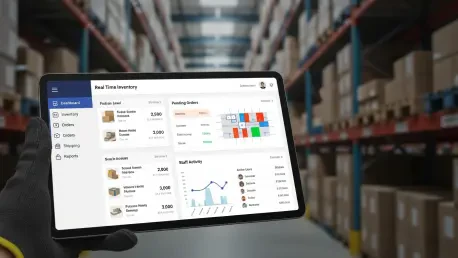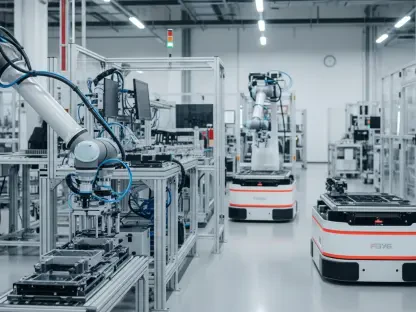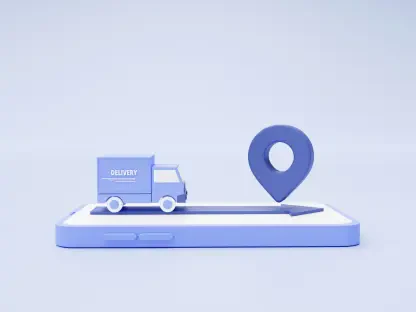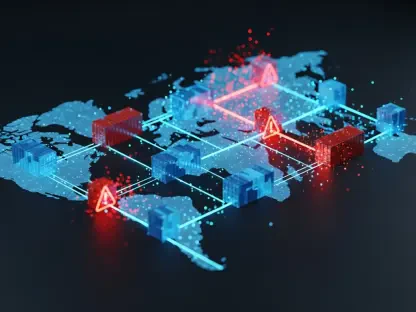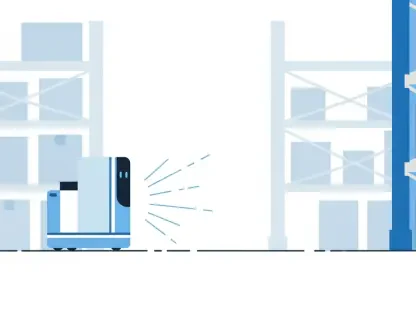Facing the Logistics Challenge
In the logistics landscape, the question arises: can traditional methods meet future demands without automation? Consider the staggering statistic: logistics teams grapple with millions of sheets of paperwork annually. Such daunting figures underscore the pressing need for innovation. Automation emerges not as a luxury but a necessity for survival in an ever-evolving industry.
Amplified Demand for Automated Solutions
As logistics operations grow in complexity, the pressure to meet delivery timelines and adhere to stringent compliance regulations intensifies. The industry’s pivot toward digitization is evident, marking an ongoing decline in manual processes. Businesses worldwide recognize the transformative power of automation, which offers sustainable solutions to streamline operations and address evolving customer needs efficiently.
Klippa DocHorizon: Pioneering Document Automation
Klippa DocHorizon sets a new benchmark by harnessing Optical Character Recognition (OCR) and Artificial Intelligence (AI) for seamless document automation. The platform excels in automating freight invoices and managing compliance documentation, significantly reducing the time spent on manual data entry. A prominent example is its adoption by logistics leader GLS, demonstrating real-world applications that enhance document processing capabilities and ensure audit-readiness without unnecessary complications.
Insights from Experts
Experts consistently advocate for the adoption of automation in enhancing logistics efficiency. They highlight the profound impact of technology on operational effectiveness, illustrating tangible benefits such as improved accuracy in data processing and reduced workload for logistical teams. Anecdotal evidence reveals logistics professionals who’ve embraced Klippa DocHorizon experiencing notable improvements in workflow productivity and compliance accuracy, thus validating the platform’s efficacy.
Implementing Klippa DocHorizon: A Practical Roadmap
Effectively integrating document automation into logistics requires a structured framework. It is essential to understand system integration with existing Enterprise Resource Planning (ERP) or Warehouse Management Systems (WMS) to ensure seamless operation. Overcoming barriers like team readiness necessitates strategic planning and trained personnel to leverage these technological advancements, including adopting fraud prevention measures to preserve data integrity.
Navigating Toward a Paperless Future
Reflecting on this technological shift toward automation, logistics operations have already set a precedent. Moving forward, embracing solutions like Klippa DocHorizon offers a viable path to greater efficiency and compliance adherence. The logistics landscape has, without doubt, transformed, with automation serving as a crucial driver for progress, promising enhanced capabilities and streamlined processes for the industry’s future.
